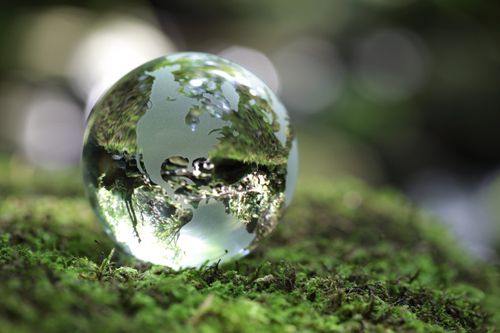EnBW Energie Baden-Württemberg AG, VNG AG and the Japanese energy company JERA signed a memorandum of understanding with the goal of jointly conducting a feasibility study to evaluate the construction of an ammonia cracker demonstration plant, according to a news release.
The project partners want to examine whether the construction of a demonstration plant for the production of hydrogen from ammonia in the Rostock port area is feasible. The learnings from the operation of the demonstration plant include insights into process optimization, the organization of supply and demand, and the economic framework conditions along the entire value chain.
Ammonia is considered as a very promising H2 carrier for long-distance transport of hydrogen. Clean ammonia (NH3) can be produced by combining renewable hydrogen (H2) with nitrogen (N2) – the main constituent of air. The project would allow for the transport of large quantities of hydrogen as ammonia to Rostock from oversea regions, where it could be re-converted into hydrogen and then transported to German consumers and customers. An existing ammonia terminal in the Rostock port area could be used for im-porting the ammonia.
“At EnBW, we are working at full steam to transform our generation capacities from fossil fuels such as coal to non-fossil fuels such as hydrogen. The joint project between EnBW, VNG and JERA fits in very well with our efforts to become climate-neutral by 2035,” ex-plains Georg Stamatelopoulos, Member of the EnBW Board of Management / Chief Oper-ating Officer Sustainable Generation Infrastructure. “Ammonia is suitable for storing and transporting hydrogen. With an ammonia cracker, ammonia can be reconverted to hydrogen and be transported to German customers. The key is to create the right conditions now for the fastest possible decarbonization of the business and the market ramp-up for hydrogen – in particular through planning certainty for investors and international collaborations.”
In its “VNG 2030+” strategy, the Leipzig-based gas company VNG is focusing on the ramp-up of decarbonized and green gases, in particular biogas and hydrogen. “The construction of a demonstration plant of an ammonia cracker in Rostock together with JERA and EnBW is another important step towards supporting the ramp-up of hydrogen in Germany and thus making a contribution to decarbonization in eastern Germany. Hydrogen gained from ammonia will play an important role in energy supply in the future, so it is important to test and establish value chains at an early stage and thus set the course for a secure supply of hydrogen,” explains Hans-Joachim Polk, Chief Technology Officer of VNG AG.
JERA, an energy company with a global reach, which has its strength in its expertise and intelligence in the entire energy supply chain, will take on the challenge of achieving net zero CO2 emissions from its domestic and overseas businesses by 2050.







